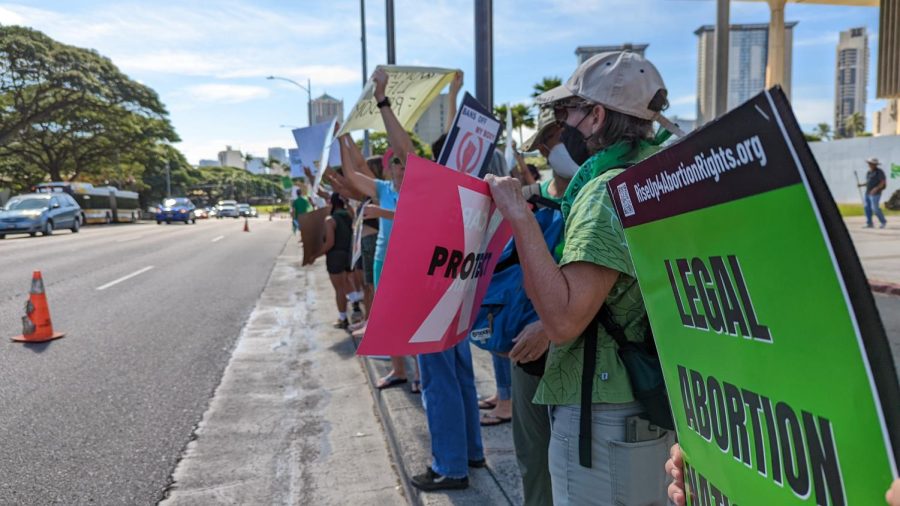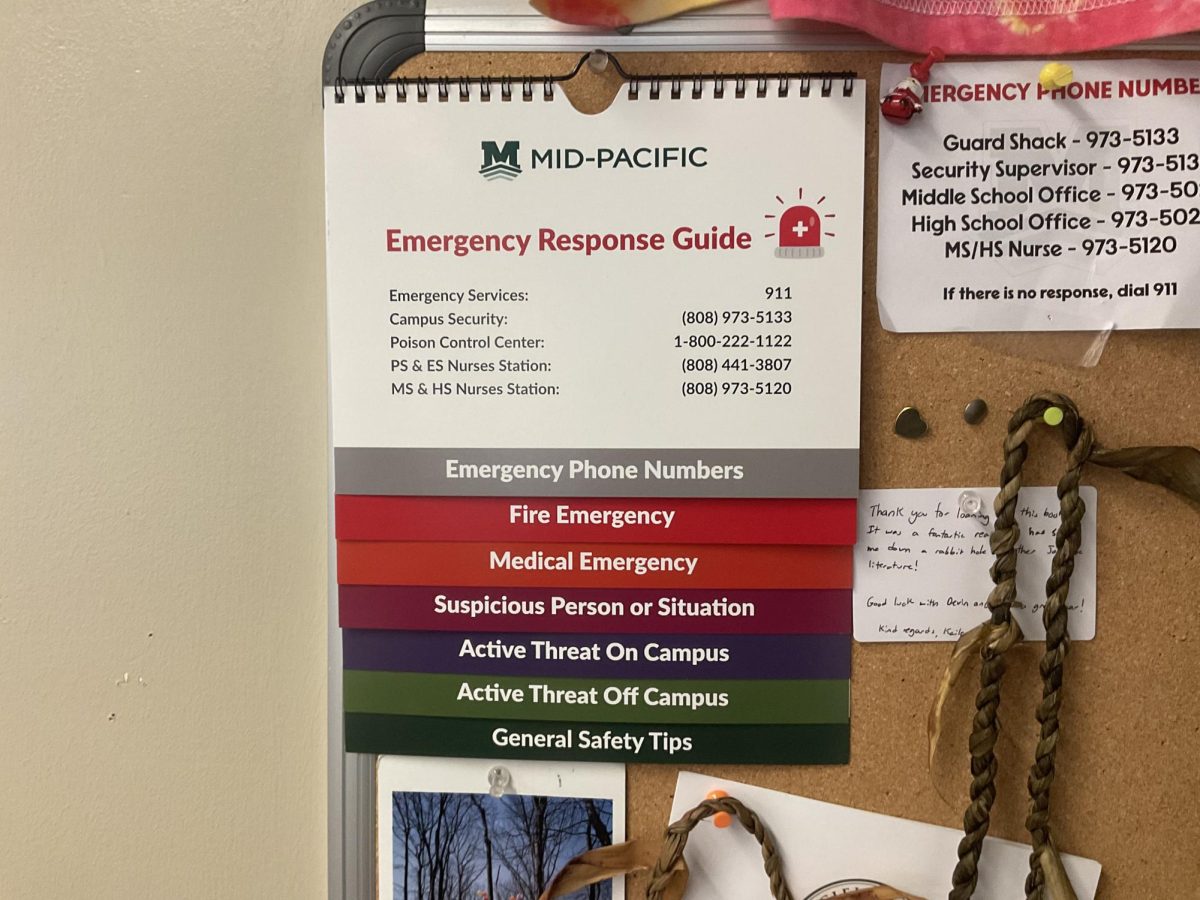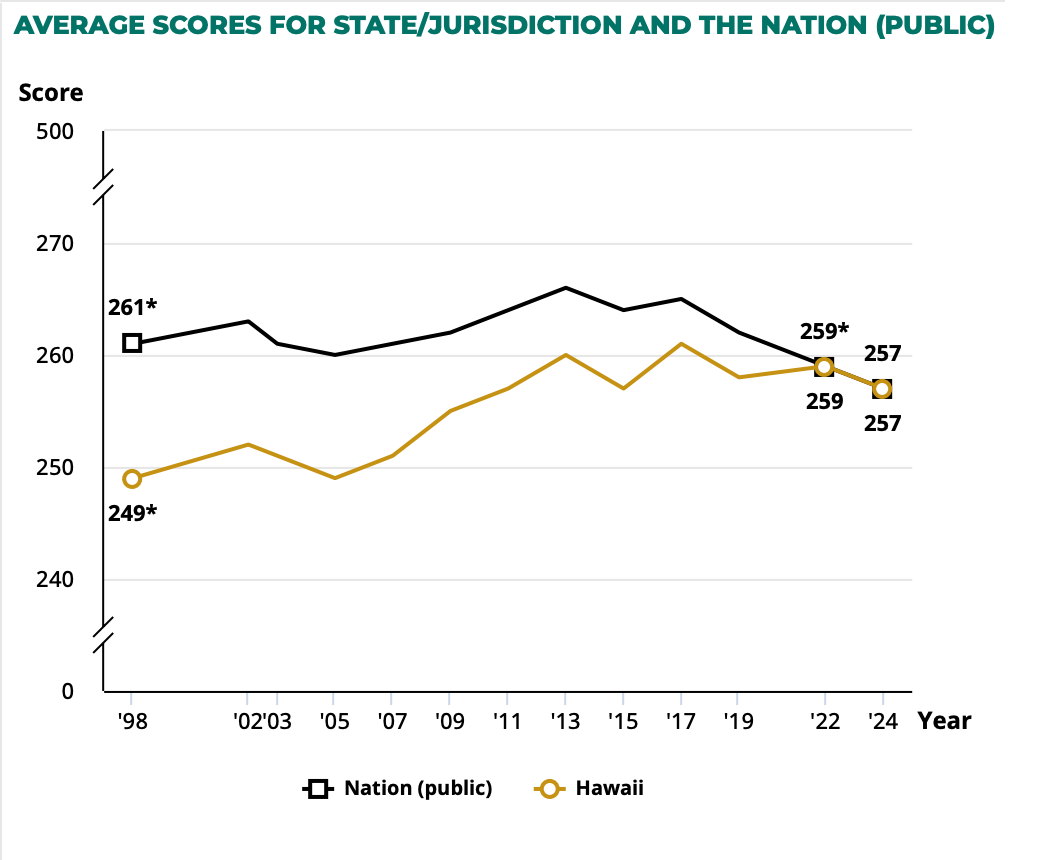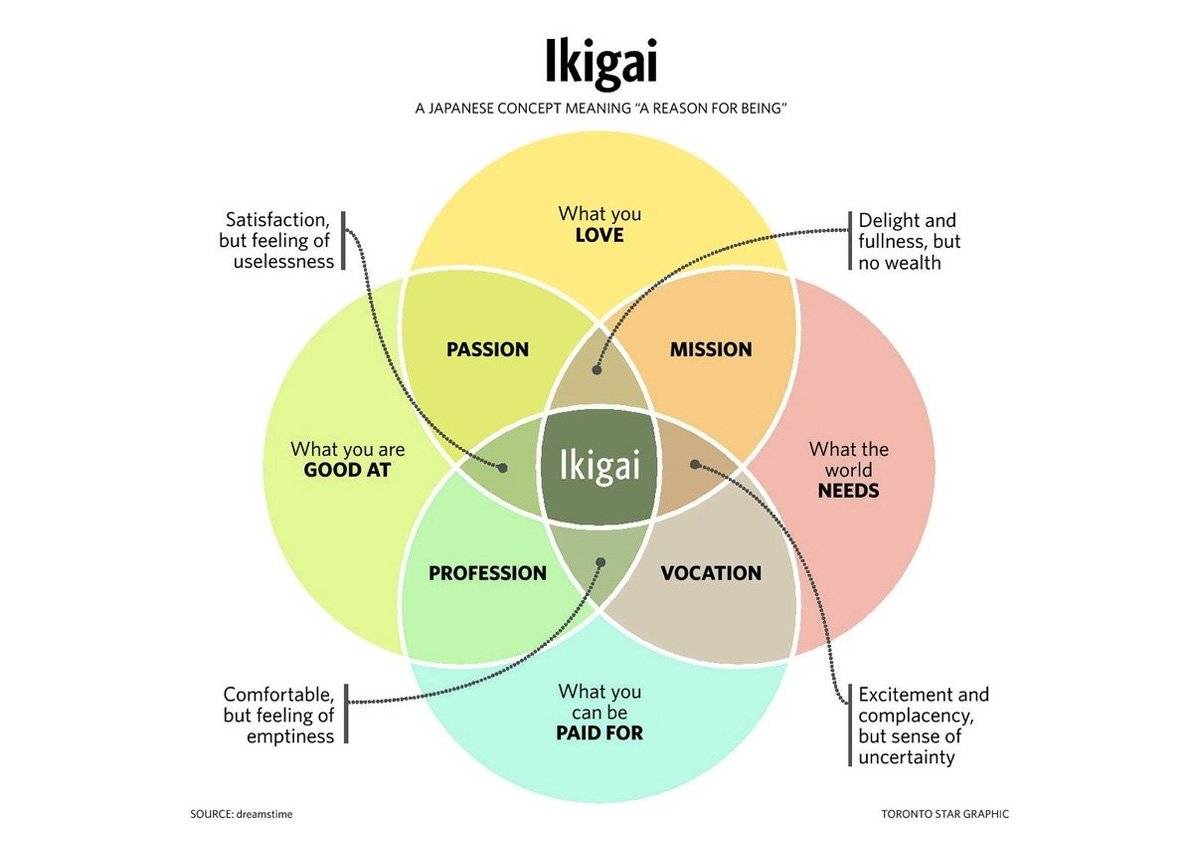One Step Forward, Ten Steps Back
Crowd forms as the Women’s March begins to protest for abortion rights.
November 1, 2022
It feels like our country is one step forward and ten steps back. We have new AI technology, genome editing, and the first female vice president, which are signs of progress; however reproductive rights are being taken away.
After almost 50 years of protecting reproductive rights, Roe v Wade was overturned by the Supreme Court this summer. The protection of the right for women to have a legal abortion first came into effect at the beginning of 1973.
Many people across the country no longer have a right to their own bodies. The supreme court should not have a say in what happens to our bodies and whether someone has a child. It should be a human right to have autonomy over one’s body.
“I don’t want my kids growing up and thinking that some people have control over others through some sort of ‘birth right’, whether that be race, gender identity, sexuality, religion, or anything else,” junior Samantha Hart said.
There are so many reasons to support the right to legal abortions, but we often only hear the same one or two reasons to deny this right.
Those reasons are the belief that abortion is murder and that it is a sin.
Although there is a clear separation between church and state, people often bring up religion when discussing their desire to ban legal abortions.
There are 14 states in which abortion is banned with no exceptions for cases of rape, incest, or miscarriages.
“Some people forget that children can be raped and impregnated. No one is ready to be a mother at the age of 12,” Samantha Hart said.
There are horrifying cases already happening where children are being forced to give birth due to the overturning of this right.
There is also a possibility that some may not have the financial or emotional support to have a baby, which will only add to the trauma.
Trigger Laws are laws that are passed but aren’t governable until a certain circumstance, like a supreme court ruling. The overturning of Roe v. Wade set forward trigger bans in many states; immediate bans for abortion.
As trigger bans go into effect across the country, it means chaos for people who aren’t ready to, don’t want, or can’t have kids.
Making abortions illegal will not end abortions. It will end safe abortions. Just because it is illegal to terminate their pregnancy does not mean these people are going to suddenly decide to raise a baby.
Abortion is still legal in Hawaii until viability, the stage where a fetus has a chance of surviving outside of the womb. There are currently two clinics in Oahu where you can receive a medical abortion.
Women and assigned females used to have the privacy to do what they want with their own bodies. Now they don’t.
“Men shouldn’t get a say regarding what a woman does with her body,” Hart said.
This doesn’t mean all hope is lost and that it is time to give up.
On October 8, there was a women’s march at the capitol, the streets were filled with people who support the right to legal abortion.
Gray Nauwelaerts, a volunteer at Planned Parenthood, attended the march. They hope that people continue to become more active.
“I am very hopeful after hearing the speakers telling us ‘You can’t just give five dollars’. It’s a reality check and all these people heard that and hopefully it meant something to them,” Nauwelaerts said.








